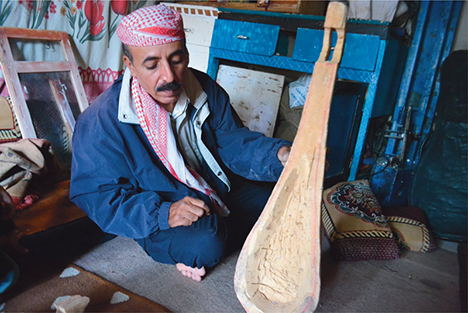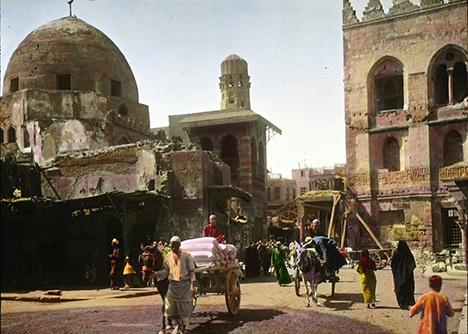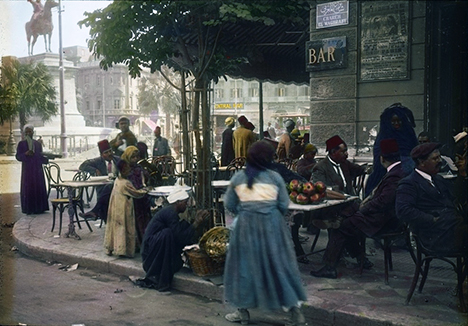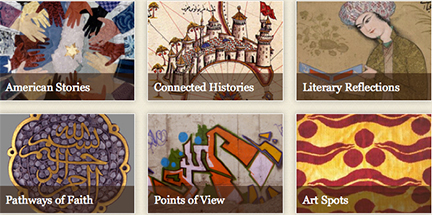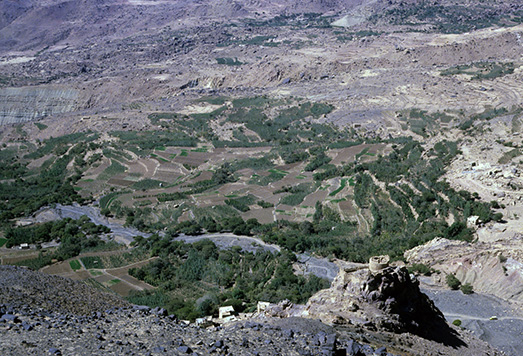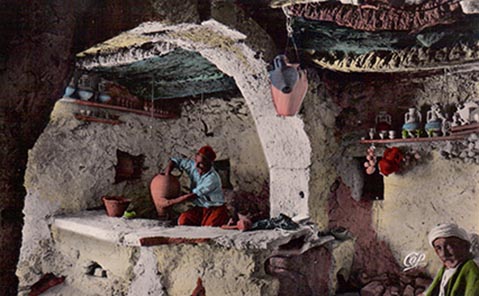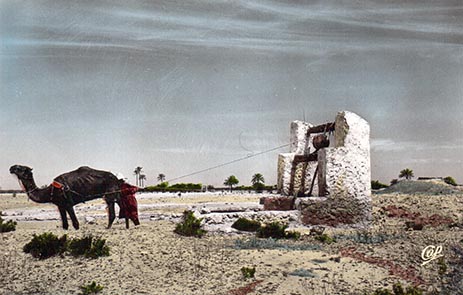
Traditional Plow Agriculture in highland Yemen, for which there are many proverbs
When “Being There†is Here: An Anthropologist at Large in Digital Humanities
On Wednesday, March 5, I will be giving a talk at the CUNY Graduate Center for the Program on Religion, directed by Prof. Bryan Turner. Lunch will be served, and coffee too, of course. The talk will be in room 5307 of the Graduate Center at 34th St. and 5th Avenue, 12.30-2 (lunch served from 12.15), to discuss a topic pertinent to many disciplines.
Abstract:
The aim of this talk is to explore the role of traditional field-based ethnography in the rapidly evolving world of digital humanities. I look back on my original ethnographic fieldwork in Yemen in 1978-79, before there was an Internet or laptop computer. While technology has long been an important resource for anthropologists, the digital world allows for instantaneous contact in a way never available before. There is now a role for e-ethnography, analysis of representation and communication in cyberspace in which the field literally comes to the computer of the researcher. The talk will explore the implications of recent advances in the digital humanities on the nature and future of anthropological research.
Daniel Martin Varisco is President of the American Institute for Yemeni Studies. He is the founding editor of CyberOrient, an online journal co-sponsored by the American Anthropological Association and Charles University in Prague. His last book was Reading Orientalism: Said and the Unsaid (2007) and he is currently finishing a book titled Culture Still Matters: Notes from the Field.


